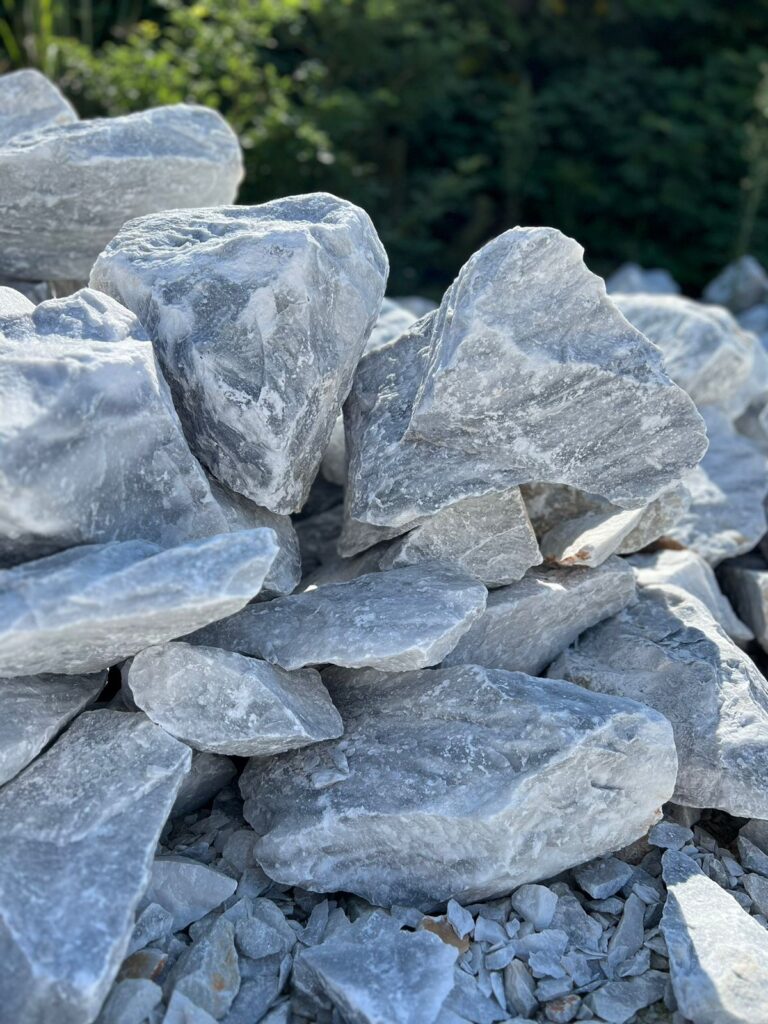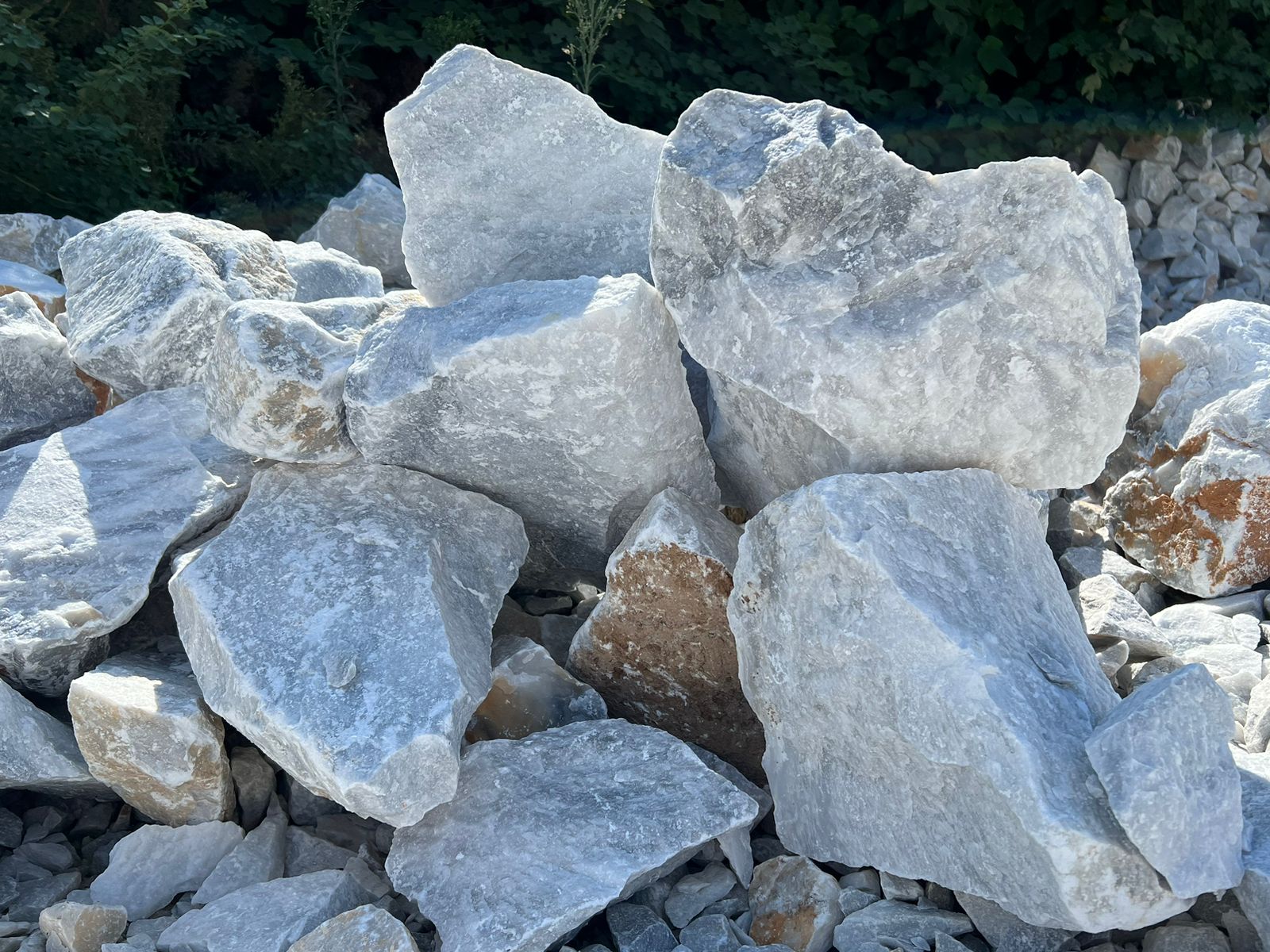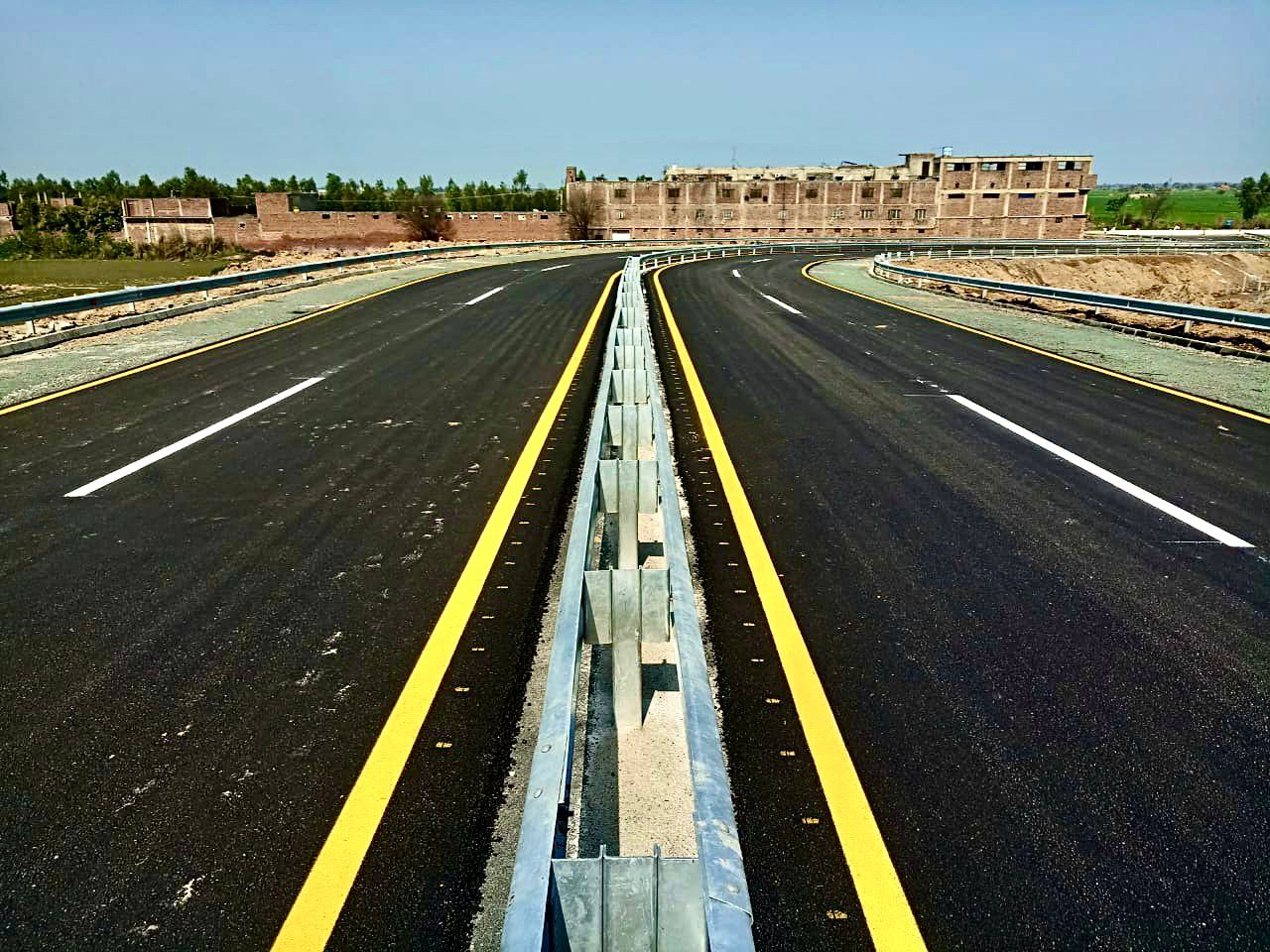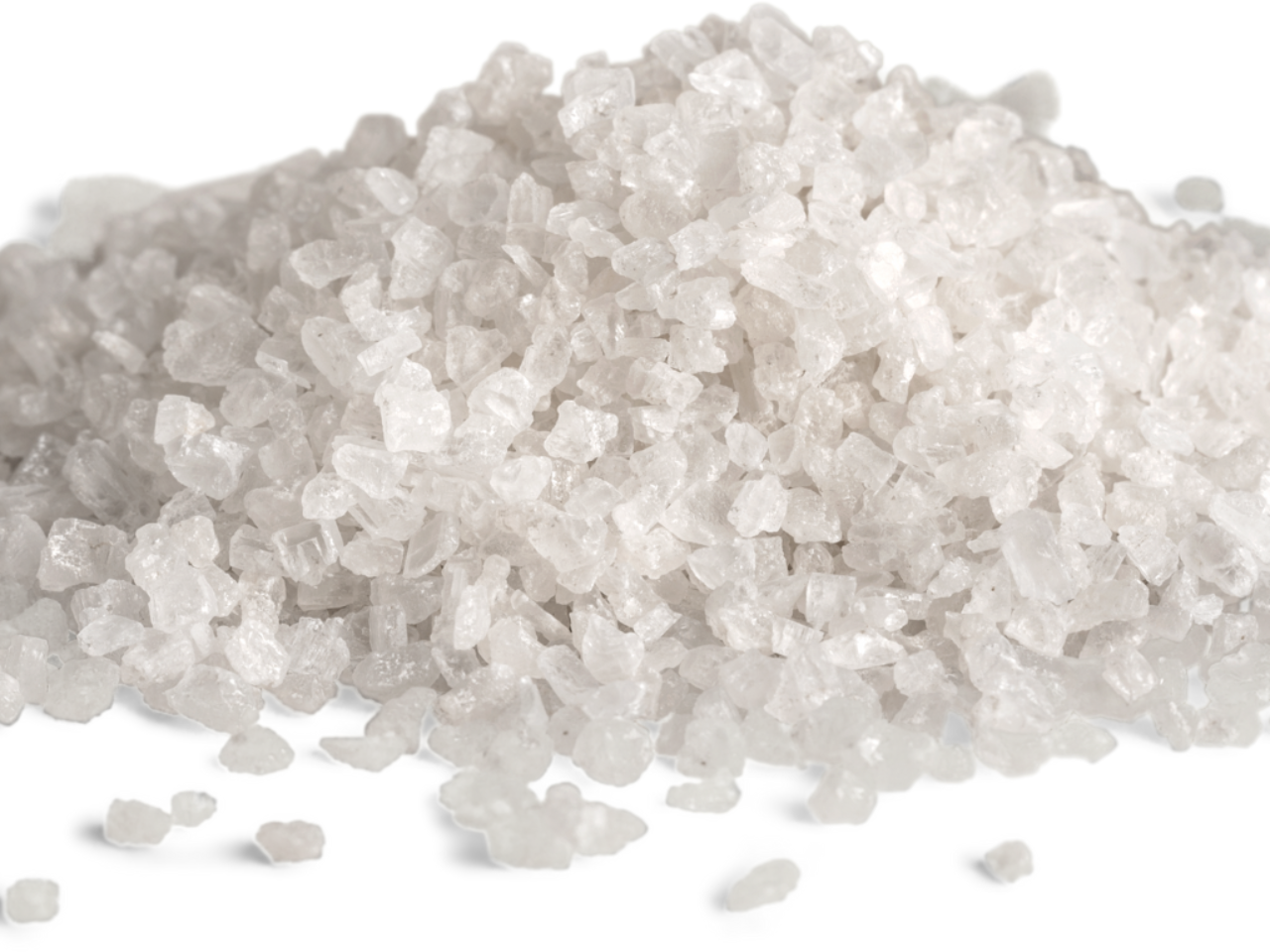What is Calcium Carbonate?
One of the most common minerals found on earth is Calcium Carbonate. It is one of the most abundant minerals that cover as much as 4% of the earth. Not only this is a naturally abundant mineral, but it is also one of the significant minerals serving a variety of industries. Pakistan is blessed to have this mineral in abundance and thus TSS is able to mine, extract and process it for industrial purposes.
Calcium carbonate is in many forms such as marble, limestone, and chalk. It is also formed after millions of years from the sediments of shellfish, shells, and corals.
Today, Calcium carbonate is serving various economically important industries such as glass, paint, adhesives, plastics, paper, and others.
The chemical representation of Calcium Carbonate is CaCO₃.

What are the Uses of Calcium Carbonate?
Calcium carbonate is a versatile mineral being extensively used by industries as one of the most economical and suitable fillers, accelerators, essential raw materials, stabilizing agents, and an economically viable substitute.
Calcium carbonate, due to its natural abundance is a cheap mineral, with high-boosting mechanical properties. Thus industries love using it for cost-effective yet quality results. The paper industry is extensively using Calcium Carbonate to create high-quality opaque papers. The paint industry is using it for producing glossy, high-coverage paints. The pharmaceutical industry incorporates calcium carbonate in medicines that are used for calcium supplements. The adhesive industry uses calcium carbonate as a filler while the glass industry uses it as a stabilizing agent!
Thus, be it agriculture, food, paper, plastic, glass, or other industries, Calcium carbonate is offering its versatile properties and uses.
What is Coated Calcium carbonate?
The coated Calcium carbonate is the calcium carbonate that has been covered with steric acid. Coated Calcium carbonate is water resistant as it is covered by fatty acid that is used as a surfactant. Fatty acid thus improves the chemical as well as the physical properties of calcium carbonate. Thus, the process of calcium carbonate which covered it up in fatty acid to make its surface resistant to water is a Coated calcium carbonate.
How is Coated Calcium Carbonate different from Calcium Carbonate?
Coated Calcium Carbonate is different from calcium carbonate as it is covered in Fatty acid or stearic acid. As Calcium carbonate is hydrophilic in nature, it dissolves, mixes, and absorbs the water. However, sometimes, this property of Calcium Carbonate is not desirable. Therefore to make it repel the water it is coated with stearic acid. In our usual process, we spray the calcium carbonate with stearic acid to attain coated calcium carbonate.
Thus, the coated Calcium carbonate offers different purposes and has different properties as compared to ordinary calcium carbonate. It reduces friction and becomes water resistant.
Why do we need coated Calcium carbonate?
Since grounded calcium carbonate is providing several advantages and is important to various industries, why do we need coated calcium carbonate? Well, the answer is that the emerging and versatile industry of plastics and PVC along with some other industries requires coated calcium carbonate.
Due to its hydrophilic nature, CaCO₃ is not good for polymers. Polymers and plastics require a filler that is sustainable and cheap. Thus, the coated Calcium carbonate eliminates the hydrophilic properties of CaCO₃ and makes it friendly to other industries.
TSS is producing coated Calcium carbonate for its potential industries, especially PVC. The steric acid solution is sprayed evenly on the CaCO₃ and then is milled. This helps us attain a uniform coating of steric acid on CaCO₃.
Be careful when you handle it though. It sticks like crazy to anything organic, especially humans!
What are the uses of Coated Calcium Carbonate?
Coated Calcium carbonate is a savior for the PVC industry. It is a cheap filler that not only strengthens the PVC bit but also gives it whiteness. It is a perfect substitute for expensive polymers. Using grounded calcium carbonate will result in dispersions and frictions. For homogenous, low oil absorption and lubrication coated calcium carbonate is required.
The paints industry, toys, automobile parts, plastic, rubber, and polymers are indebted to coated calcium carbonate for economical filler.
Here is an overview of industries using coated calcium carbonate:
THE PLASTIC INDUSTRY
Coated Calcium carbonate is an excellent filler when it comes to the plastic industry. It is a filler that helps smoothen the product, reduce resistance, and make it durable. It decreases the probability of breakage of plastic products. The toys and automobile parts industry is potentially using coated CaCO₃.
THE RUBBER INDUSTRY
The rubber industry makes use of coated CaCO₃ as it enables the production of high-quality rubber. Rubber that has high consistency, high resistance, low corrosion, and smooth texture.
THE POLYMER INDUSTRY
The polymers cannot use grounded calcium carbonate as a filler as it will cause lumps in the final product. The high-quality, smooth, and strengthened polymers are attained as a result of coated calcium carbonate.
THE PAINTS AND RESINS INDUSTRY
Paints and resins are also using coated CaCO₃. As this helps them attain high-quality end products. Paints that incorporate coated CaCO₃ are brighter in color and have better pigment infusion.
TSS is providing Both Coated and Grounded Calcium Carbonate
Looking for high quality and reliable supply of coated and/or grounded calcium carbonate? TSS has got you covered. We are not only providing the best quality of coated and uncoated calcium carbonate, but we are also offering professional guidance. You can seek assistance from our professionals and they will let you know which mineral best suits your needs.
So, if you are still wondering if coated calcium carbonate is good for your business or uncoated, contact us and resolve your query through a piece of professional advice!












